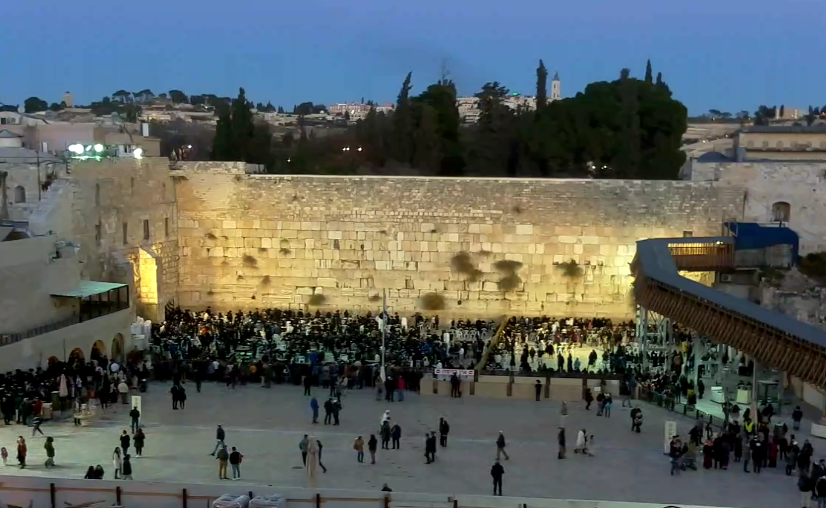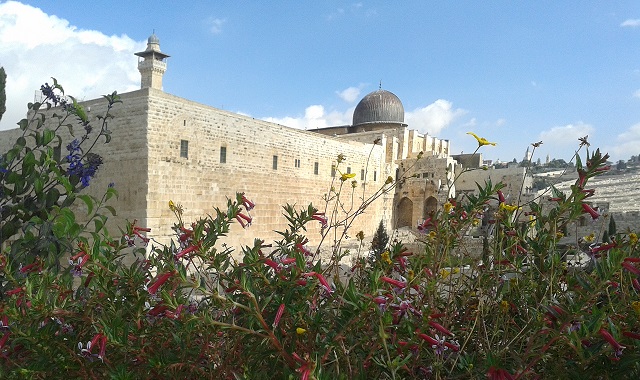Some thoughts from Kensington and Chelsea.
One of our regular readers writes from the Royal Borough of Kensington and Chelsea, reflecting on the aftermath of the tragic fire at Grenfell Tower six months ago.
It is six months since the fire at Grenfell Tower on 14 June which was caused by a catalogue of faults and failings currently being investigated.
More than anything else, it revealed a broken Council, a broken Royal Borough of Kensington and Chelsea (the smallest and one of the most dense boroughs in Britain, and home to a number of very wealthy individuals) and, more widely, a broken Britain.
Given the magnitude of the fire and the number of displaced, it is very doubtful whether any council could have coped with the aftermath without help, the more so given the number of social houses available in the Borough (roughly one year’s supply for new tenants was destroyed in one night).
However, while the Inquiry will give its verdict on the causes of the fire, no-one would dispute that it took much too long for senior staff to assess the magnitude of the disaster, and act accordingly. The response of the Council was at best poor – it was slow, cumbersome and bureaucratic, whereas the response of both the wider and local community and of all the faith communities was fast, assured and compassionate.
Decades of Neglect
With a relatively narrow remit, the Inquiry is not likely to look at the origins of the lack of trust, lack of hope, latent anger, hatred and much more, prevalent among residents of North Kensington: some of these go back decades, and even longer.
North Kensington has always been poorer than South Kensington. Adjacent to Grenfell Tower is the site of the old potteries and piggeries – a really tough, deprived area in the late 19th Century and early 20th Century.
With its narrow remit, the Inquiry is not likely to look at the longer-term relationship between North Kensington residents and the Government, national and local.
In the 1950s Peter Rachman helped make Notting Hill notorious for his treatment of immigrants and others in low quality, privately rented flats, around the same time as the Notting Hill race riots (1958). Some of those involved founded the Notting Hill carnival in 1966.
The sense of neglect by local and central Government was also well exemplified by the building of the Westway (the M40 running into London) in the late 1960s, and the resultant demolition of many terraced houses in the area, running along an east-west corridor half a mile south of Regent’s Canal.
Notwithstanding the investment in the north of the Borough, for at least the last half-century there has not been any real sense of local people being listened to or given any empowerment.
Asking Difficult Questions
The reality is that many cities, towns and boroughs have ugly parts. Indeed, we all have ugly histories, and love to airbrush out that which does not accord with how we like to present ourselves – whether as individuals, churches, towns, cities or nations.
Given what has happened, we need to ask some difficult questions: how aware is much of the Borough of the problems within its boundaries, both historic and current? How aware are most residents a couple of miles away in South Kensington of the complexity of the situation in the north, and of their very different life chances, including life expectancy?
How are local Councillors and MPs to be judged? If we were elected, and held office, and judged, how would we fare? In this instance, given the resources of the Borough, what is the right way to evaluate the Council’s legacy? Could we - should we – expect more of our elected representatives? Indeed, can we do more? Or is Government trying to do too much, and being disingenuous by not admitting its inability to fulfil its promises?
Given what has happened, we need to ask some difficult questions about the Borough, its history and the capacity of those currently in power to effect change.
And yet…the failings evident in the Grenfell tragedy are also, in part, a consequence of the limits of local Government, which raises only about ¼ - ⅓ of its total revenues locally. Central Government (HM Treasury) seeks to control so much of what local Government aspires to do. This relationship requires a complete revamp - what are the purposes of each and therefore how should they be funded?
Wake-Up Call for Radical Change
The Grenfell fire needs to be seen as a wake-up call, indeed as a call for radical change, at least for the Kensington and Chelsea Council, if not for all levels of Government.
At the Council, such change is undoubtedly underway. Of its 37 Conservative councillors, at least 17 are not standing again – an unprecedented proportion – and it is far from given that all who stand will be re-elected. A number of senior staff too have moved on since June.
Time will tell the degree to which the change forced on the Council following the Grenfell tragedy was an opportunity taken or missed. But many of the issues facing residents of the Borough – lack of trust, lack of hope, not being listened to, not being empowered – apply throughout Britain! While there are undoubtedly many individual examples of good practice in local Government, they are rare.
Time will tell the degree to which the change forced on the Council following the Grenfell tragedy was an opportunity taken or missed.
In this case at least, the hope must be that the Council implements in full the essential changes needed to its structure and culture – and can in the future humbly encourage other councils to look honestly at their own shortcomings.
Where Are the Churches?
However, while radical change is needed in the Council, it also needs to be asked whether radical change is needed in other groups serving the community. The churches responded well to the Grenfell tragedy, but the differences among those closest to the fire are great and their beliefs are so diverse that it is doubtful whether they should all be called ‘Christian’.
This is a delicate issue that goes to the heart of the direction in which different parts of the Church are progressing – and implicitly raises the issue of what sort of a god they worship. The Grenfell Tower fire was a local issue of national importance, but to those with ears to hear, God was also speaking to us through it, trying to get our attention. If we don’t hear God’s words, maybe we have to endure his works.
There is an irony that the Grenfell tragedy took place in the smallest Borough, but which is also home to two of the largest churches in the country. Kensington and Chelsea is home to both Kensington Temple and Holy Trinity Brompton (HTB), but both have been conspicuous by their absence since the initial aftermath of the fire.
Why Did God Allow It?
A key question that needs to be asked is why God allowed the Grenfell tragedy. Partly, it is because we live in a very fallen world. He is a holy God and we are sinners. Partly, it is because God was exposing the sin that lay behind the fire and its aftermath. If there was one sin of which the Council (in the Royal Borough of Kensington and Chelsea) was perhaps guiltier than most, it was pride; itself the root of all sin.
Partly, it is because God wants our attention. He wants this, as with all judgment, to be restorative, but that requires us all, believer and non-believer, to repent. And it is undoubtedly partly because he wants us to seek his face more seriously than we have thus far.
The Grenfell Tower fire was a local issue of national importance, but to those with ears to hear, God was also speaking to us through it, trying to get our attention.
In what sort of a society do we want to live – and how do we change it? What place should Christianity have in the public square? More widely, in what sort of a God do we believe? In terms of national politics, what are God’s purposes for the UK, particularly through Brexit, and also in relation to Israel?
Lessons for the Church
Where do we go from here? Locally, churches need to evangelise the lost – whether rich or poor, from whatever ethnic background or culture. Evangelism needs to be an ongoing commitment that characterises everyday Christian life. This should not need to be said – yet it is not the case everywhere. Such evangelism - for the whole country - needs to be the responsibility of all, not just the professional leaders of churches.
It is critical that the true Gospel, the Gospel of the Kingdom, is preached and put into practice – which will mean some congregations in the country having much to learn as they start to evangelise. Likewise, for some churches, this will necessitate a radical repentance, pleading to God for mercy for their own sin - possibly not ever having evangelised - individually and collectively.
All churches need to engage with meaningful spiritual warfare, for the Church and for the nation: if we don’t, others, whose purposes may be nefarious, will do so. And all churches need to prepare for tougher times, or the faith of many current believers will not be sufficient for the days ahead.
The true Church needs to discern the wider significance and importance of Grenfell, to confess and repent as appropriate – in a way that has not yet been conceived, yet alone done.
Those in the true Church need to acknowledge the severity of the hour.
The Severity of the Hour
Those in the true Church need to acknowledge the severity of the hour – which means getting back to our biblical roots and renewed commitments to the word of God and its application to every area of our lives; to evangelism (particularly of those from a Muslim background); to engaging in spiritual warfare; to standing with Israel in prayer and action; to standing for Christians around the world who are persecuted for their faith; and to being a Body genuinely characterised by grace and truth.
Finally, we need to be aware that the Second Coming of Christ might be much sooner (irrespective of how sudden it is) than many Christians seem to be expecting. Clearly, it is 2,000 years nearer than when Jesus was crucified and resurrected - but it is hard to know that from the way in which most churches operate.




